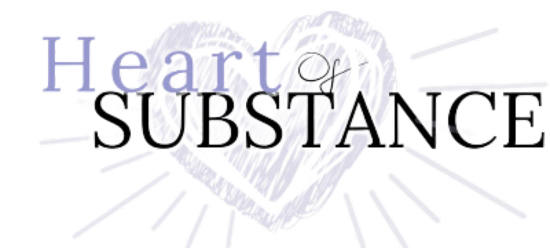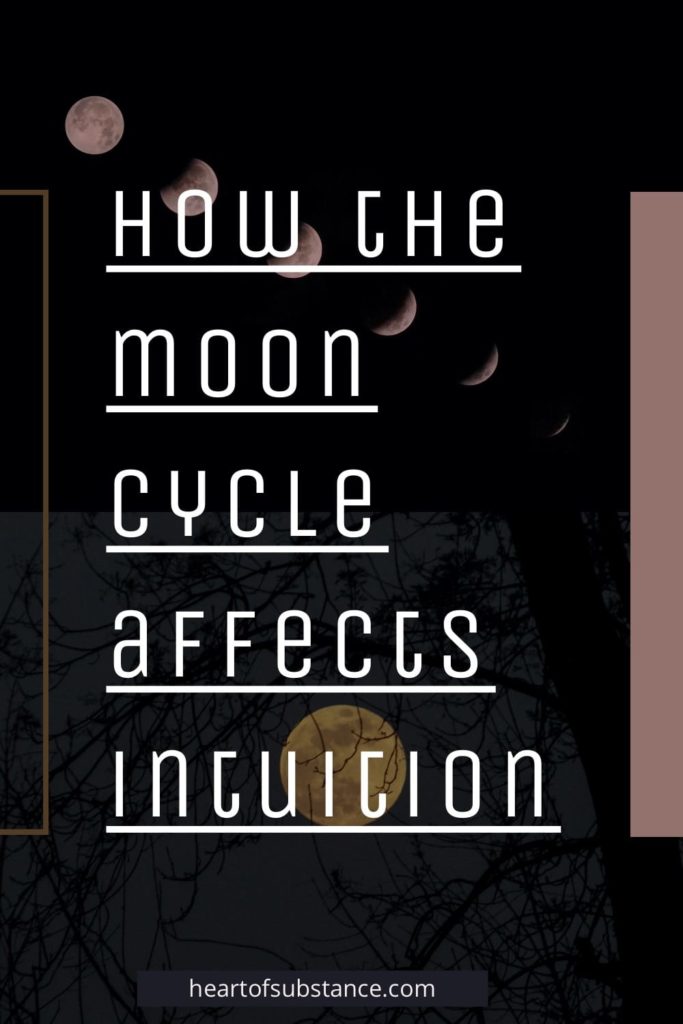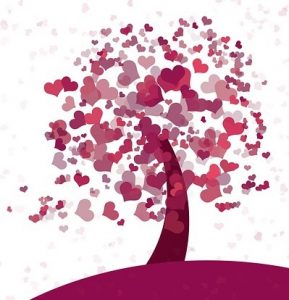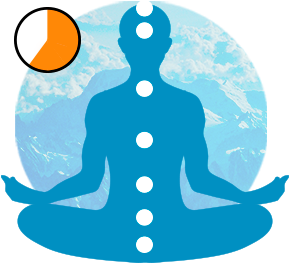Have you ever wondered why some people like to believe planets and the Moon influence our psyche, especially intuition? Isn’t it all phooey? If you believe in astrology, it’s not. But what does astronomy or physics tell us?
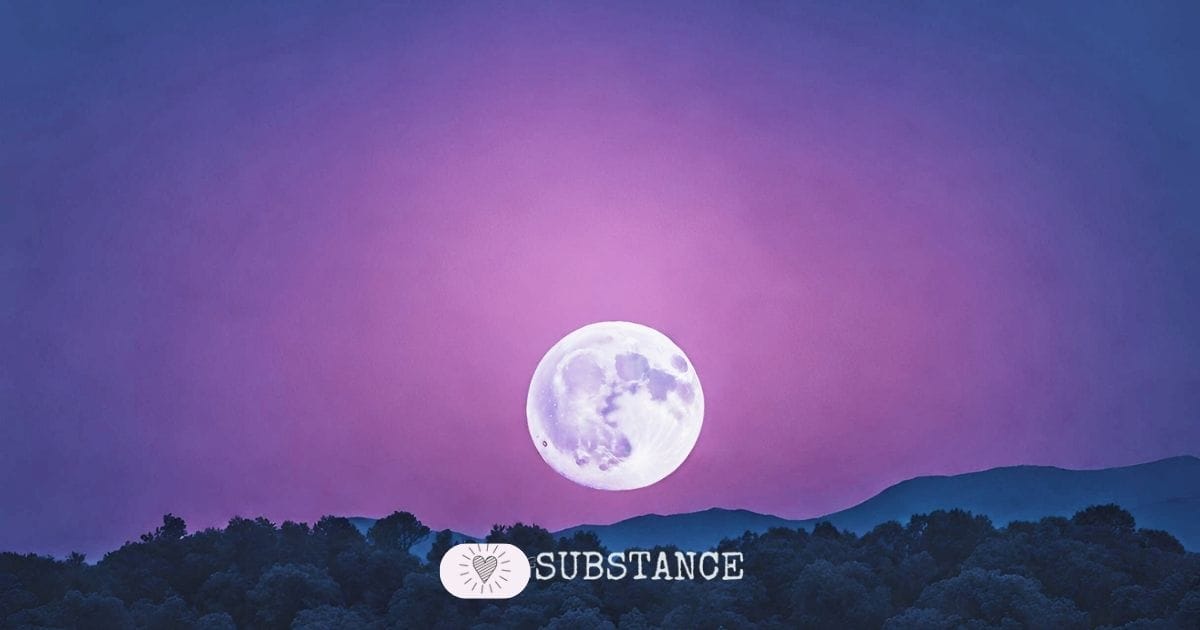
The moon has long been associated with mystery, the subconscious mind, and the feminine energy.
It is through science that we prove, but through intuition that we discover.
Henri Poincare
Ways the Moon May Affect intuition
- Inspires creativity
- Affects emotions
- A source of ethereal energy
- Lighting up the darkness, revealing the shadows, metaphorically
The Moon is associated with creativity and intuition, inspiring writers to compose poems, novels, nursery rhymes and folklore about it. Across traditions, the moon and moon shadows have symbolized intuition, wisdom, birth, death, and feminine energy.
The Moon’s phases are said to represent emotional states – for example, new moons relate to beginnings while full moons signify endings or completion.
The Moon is one of the most potent symbols for feminine energy and it has an almost universal symbolic representation as intuition; according to an ancient belief, the Moon is a goddess and she possesses infinite wisdom.
Intuition and man in the Moon
A way to understand intuition is by studying its Latin root word, intueri – meaning “to look at.” It implies looking within oneself for answers.
Does the ‘man in the Moon’ help us to look within to awaken this recall?
I cover Science And Intuition in so far as intuition is scientifically proven.
The importance of intuition in our lives cannot be underestimated. It is a phenomenon that can keep us centered and grounded, as if we are a compass needle pointing north.
Intuition gives us direction when some aspect of life becomes confusing or overwhelming. The idea is that when we rely on intuition, it takes us on the right path, where everything flows.
In any case, intuition is considered a powerful force – one that guides our life’s decisions with somewhat incredible accuracy. A person who trusts his or her own intuition more often than not seems to have success, as opposed to relying entirely on logic-based reasoning (see my article covering an intuitive vs rational mind).
Beliefs in the link between the Moon and intuition
Many ancient traditions and belief systems view the moon as a symbol of intuition, psychic abilities, and the connection to the unseen realms.
There is hearsay of intuition being linked to lunar cycles. For example, some individuals say they feel more sensitive or emphatic around the time of a full moon. Highly sensitive people and empaths are more intuitive.
Some individuals believe that during the full moon, when its energy is at its peak, you’re more likely to experience heightened intuition, vivid dreams, and a deeper connection to inner wisdom and intuition.
The Moon is analogous to our deep emotions and subconscious mind, as it associates with water and tides with currents running deep and hidden from the surface. A full Moon illuminates what’s been concealed.
For others, there’s the shadow of the Moon that symbolises concealment, the soul, and the supernatural.4
Lunar energy
The Moon is a powerful force that influences all life on Earth.
The moon is a universal cultural symbol that unites us from the earliest human ancestors millions of years ago into the deep future of humanity.
Alice Gorman4
During a full moon, the Moon shines its magnificent light down on us and bathes our world in an ethereal glow. The intensity of this experience may vary from person-to-person but there’s no denying that we’re affected by lunar energies in some form or other.
harnessing lunar intuition
One way the Moon can help you unlock your intuition is through meditation, which is key to tuning into your subconscious.
To harness lunar intuition, there are many Moon meditations online ranging from Full Moon to phases of the Moon reflections – just search ‘moon meditations’. These focus on connection with ‘moon energy’.
But you can simply moon gaze.
Moon gazing: Meditate on the Moon – Find a spot to sit outdoors and gaze mindfully at the Moon in the sky. Journaling your reflections can also help awaken your intuition.
Moon gazing is a form of Trataka meditation, which is recommended as one of the best techniques for developing intuition – I wrote more on this in How To Increase Intuition Through Meditation.
Follow your intuition, go outside and gaze at the moon and see what connection you make to your inner knowing.
The Moon’s Effect on the human mind
We know the Moon’s position and phases affect the ebb and flow of tides and life on Earth, but does the moon influence our intuition?
The Moon has long been correlated with the state of the human mind and it seems our ancestors envisaged this well.
Just as the moon’s gravitational force affects the tides of the ocean, some believe it may also influence the water content in our bodies, including our brains.
Since the human body is composed of a large percentage of water, some argue that the moon’s phases could potentially impact our emotions and thought processes, leading to heightened intuition during certain lunar phases.
The terms lunacy and lunatic originated in the 16th century and derive from the Latin word for moon, luna.
These terms hark back to the 16th century, a time when people referred to astrology for answers more than they do today.
Lunatic referred to being “moon-sick” or “moon-struck”, indicating how the phases of the moon were perceived to affect a person’s mind.
The term remains in literature to describe an individual who is mentally disturbed or crazy; one unable to think straight, of unsound mind.
A 2014 study indicated some truth in the effect of the full moon phase on a person’s mind, based on findings of higher than usual diagnoses of personality disorders presenting 12 hours on either side of the full moon.2
Another study linked episodes of bipolar disorder patients to tidal phases affected by the Moon.3
And then there’s the story connecting Werewolves to the full Moon phase, which we all know.
Final thoughts: Is the Moon correlated with intuition?
There have been scientific studies on how the human mind might be influenced by the Moon’s cycle, but, none substantive about correlating the moon cycle with intuition.
However, there’s a hearsay correlation, which may be due to how our ancestors used lunar cycles as a way of tracking time (i.e., day, month, year). Or, due to us feeling in tune with nature when we look at the moon; or because humans evolved from primates and so developed their sense for intuition through looking into space for danger on moonlit nights – so maybe an evolutionary instinct?
But I conclude that neither astronomy nor physics, at this present time, tells us of any correlation between Moon phases and intuition.
References
- Online Etymology Dictionary: Origin of lunatic
- Varinder S. Parmar, Ewa Talikowska-Szymczak, Emily Downs, Peter Szymczak, Erin Meiklejohn, Dianne Groll, “Effects of Full-Moon Definition on Psychiatric Emergency Department Presentations”, International Scholarly Research Notices, vol. 2014, Article ID 398791, 6 pages, 2014.
- Wehr, T. Bipolar mood cycles and lunar tidal cycles. Mol Psychiatry 23, 923–931 (2018)
- Phys.org: Shadows on the Moon – a tale of ephemeral beauty, humans and hubris (Mar, 2019)
